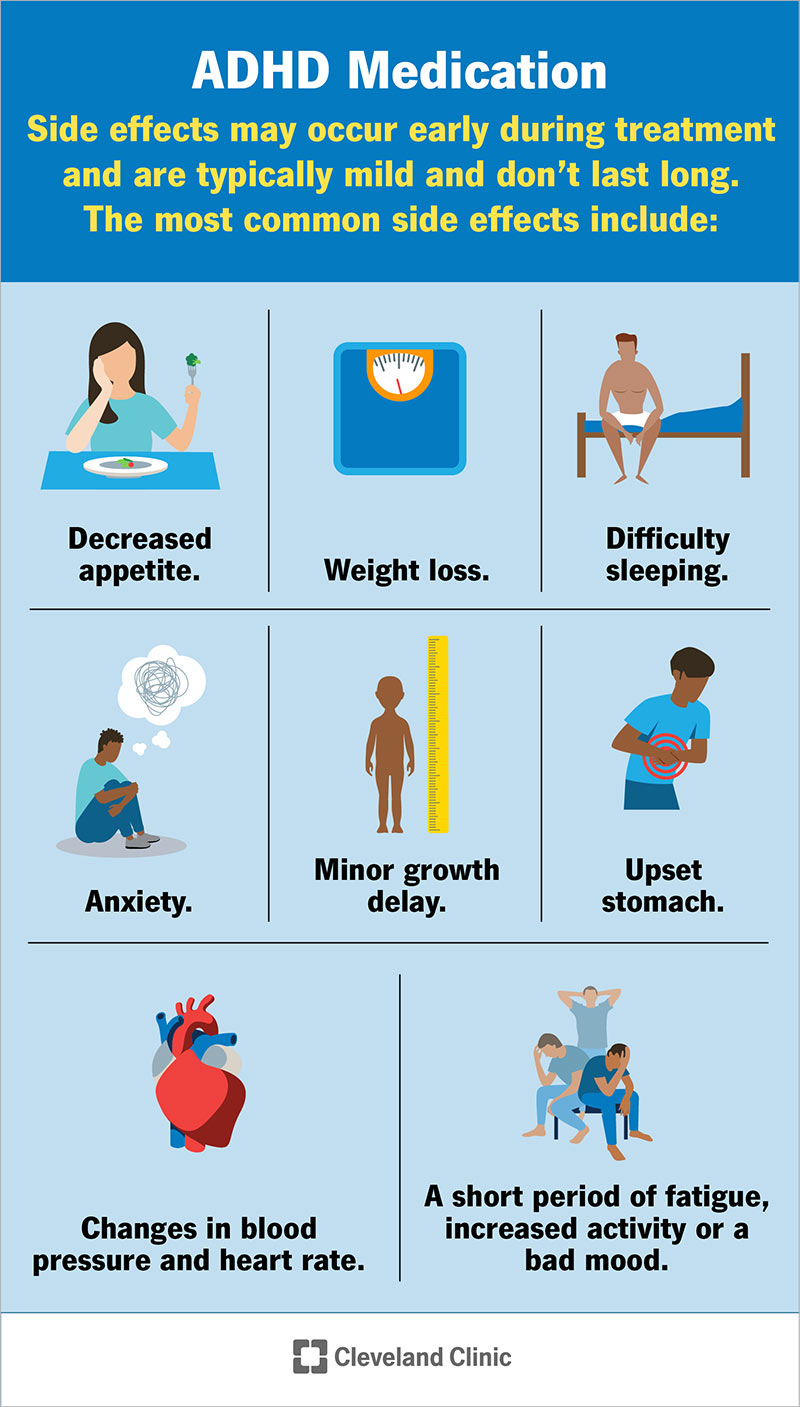Mental Health Services Focused for Your Unique Care Needs
Mental Health Services Focused for Your Unique Care Needs
Blog Article
Your Guide to Locating the Right ADHD Therapy for Lasting Results
Navigating the intricacies of ADHD treatment calls for a nuanced understanding of both the condition and the myriad options available for effective monitoring. It is necessary to acknowledge that what jobs for one person might not necessarily yield the same outcomes for another.
Understanding ADHD and Its Impact

In grownups, ADHD can lead to obstacles in work environment settings, affecting efficiency, time management, and social relationships. Frequently, undiagnosed or poorly handled ADHD can add to co-occurring mental wellness problems, such as anxiousness and clinical depression, further complicating an individual's overall well-being.
The societal perception of ADHD can differ, leading to preconception and misunderstanding, which might hinder individuals from looking for assistance. As understanding expands, it is necessary to foster a setting that advertises understanding and support for those affected by ADHD, emphasizing the requirement for precise medical diagnosis and customized methods to minimize its effect on everyday life.
Introduction of Treatment Alternatives
A thorough approach to treating ADHD encompasses a range of options customized to the individual's distinct needs. These alternatives can generally be categorized right into behavioral interventions, psychoeducation, and lifestyle adjustments, along with medicinal treatments that might be explored later on.
Behavioral interventions, such as cognitive-behavioral therapy (CBT), concentrate on customizing specific habits and creating coping approaches to handle signs and symptoms successfully. Psychoeducation plays a critical duty in equipping both people and their households by offering information regarding ADHD, its challenges, and efficient techniques for assistance.
Way of living alterations can significantly impact ADHD administration. Routine exercise, a balanced diet plan, and appropriate rest add to general health and signs and symptom control. Mindfulness techniques and leisure strategies can likewise enhance focus and decrease impulsivity.
Assistance groups and household therapy can foster a feeling of neighborhood and understanding, assisting people feel much less isolated in their experiences. Each treatment choice ought to be taken into consideration in combination with the person's choices and circumstances, making sure a holistic method that promotes long-lasting success. Eventually, the goal is to develop a tailored treatment plan that addresses the specific difficulties related to ADHD while enhancing general top quality of life.
Medicine: Benefits And Drawbacks
Medicine plays a pivotal duty in the treatment of ADHD, with various alternatives readily available that can significantly reduce signs for numerous people. Stimulants, such as methylphenidate and amphetamines, are generally recommended and have actually revealed performance in enhancing emphasis, lowering impulsivity, and boosting total actions. These drugs function by raising dopamine and norepinephrine levels in the mind, which are commonly dysregulated in those with ADHD.
Some individuals may experience side effects, including insomnia, lowered appetite, or raised stress and anxiety. In addition, not all patients respond to energizer medicines, leading some to explore non-stimulant options, which may have a delayed start of activity or different side effects.
It is crucial for individuals and their family members to evaluate these pros and disadvantages very carefully. Stabilizing the benefits of sign monitoring against possible negative effects is critical for attaining optimal look these up treatment outcomes. Collaboration with special info healthcare providers can facilitate educated choices, ensuring that medication belongs to a detailed ADHD management plan.
Behavioral Therapy Methods

One frequently employed approach is Cognitive Behavioral Treatment (CBT), which assists people identify and change adverse idea patterns that add to ADHD-related obstacles. Therapist for ADHD. Through CBT, customers find out to establish practical objectives, handle time properly, and establish business systems
Another effective strategy is Parent Monitoring Training (PMT), which informs moms and dads on exactly how to enhance favorable actions and minimize unfavorable ones with consistent discipline and communication methods. This approach promotes a supportive home atmosphere that encourages behavior enhancements.
Social abilities training is likewise integral, assisting individuals with ADHD browse social interactions more effectively. Role-playing and modeling suitable behaviors can boost social competence and reduce stress and anxiety in social circumstances.
Way Of Living Adjustments for Better Monitoring
Exactly how can way of living changes significantly improve the monitoring of ADHD signs? Carrying out tactical way of life alterations can result in substantial improvements in focus, organization, and psychological law for individuals with ADHD.
First of all, developing an organized daily routine assists in developing predictability, which can ease sensations of bewilder. Constant timetables for meals, dr zirak marker research, and sleep can improve everyday functioning.
Incorporating routine physical activity is likewise vital, as workout has been shown to improve dopamine degrees, boosting attention and motivation (Therapist for ADHD). Aiming for a minimum of 30 minutes of modest workout most days can be useful
Nourishment plays a critical function. A well balanced diet plan rich in omega-3 fats, entire grains, and healthy protein can sustain cognitive function. Limiting processed sugars and caffeine might minimize signs, as these can result in energy crashes and irritation.
Conclusion
In verdict, discovering the appropriate ADHD treatment demands a multifaceted technique that takes into consideration private requirements and preferences. Collaboration with health care experts and open interaction with support networks are vital components in navigating the complexities of ADHD monitoring, inevitably leading to lasting outcomes and enhanced top quality of life.
Report this page